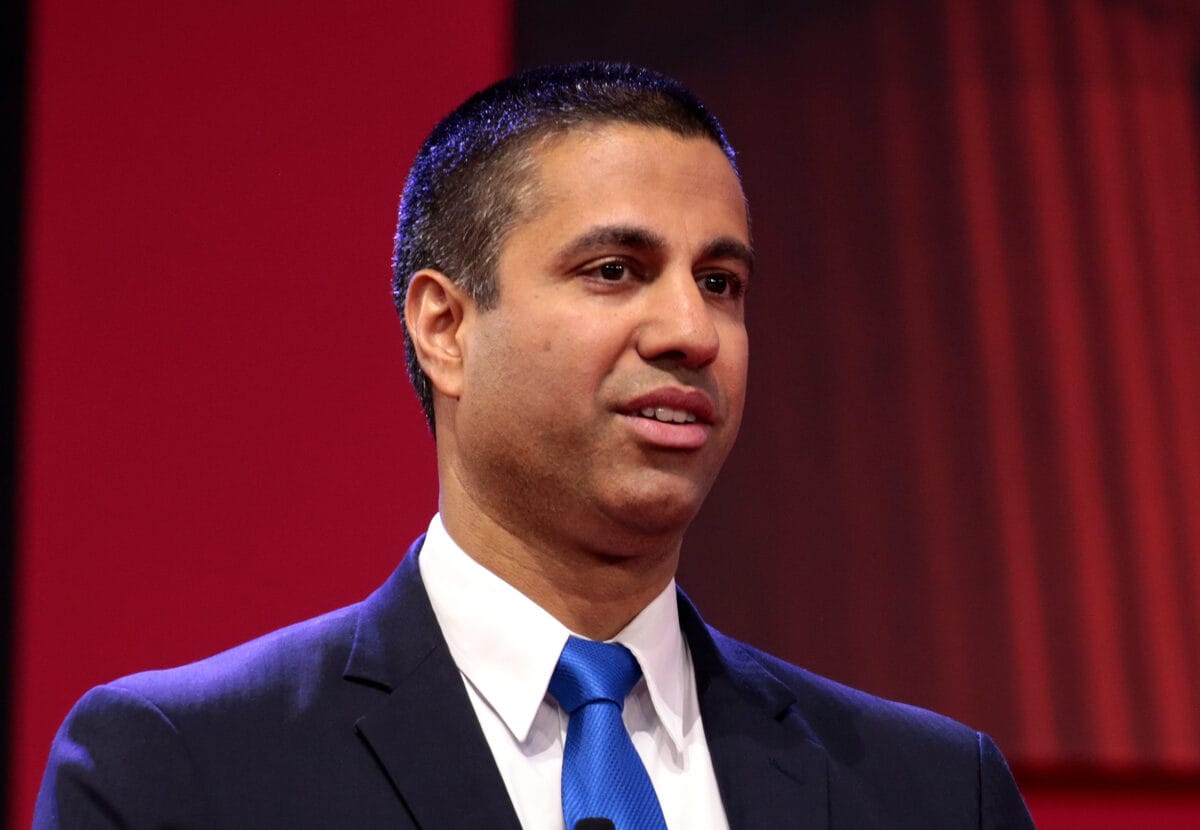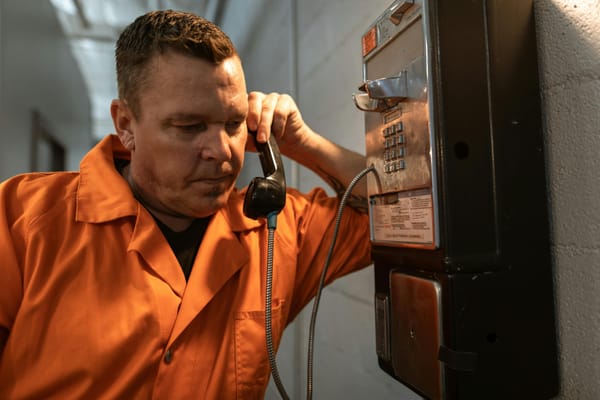Hospital Robocall Protection Group Undertakes Responsibilities in Inaugural Meeting
July 27, 2020 — Health care institutions have reported a rise in the number of robocalls and I.D.-spoofed calls during the COVID-19 pandemic. The number of robocalls has drastically increased since January, according to Dave Summit, chair of the Hospital Robocall Protection Group. Speaking at the gr

July 27, 2020 — Health care institutions have reported a rise in the number of robocalls and I.D.-spoofed calls during the COVID-19 pandemic.
The number of robocalls has drastically increased since January, according to Dave Summit, chair of the Hospital Robocall Protection Group. Speaking at the group’s inaugural meeting on Monday, Summit said many of these calls abuse topics surrounding the pandemic with the intent to gain access to information.
HRPG is a federal advisory committee dedicated to combatting robocalls to hospitals, required by the Telephone Robocall Abuse Criminal Enforcement and Deterrence Act, which gave the FCC additional tools and flexibility to combat malicious spoofing and scam robocalls.
The agency tasked the group with developing best practices on preventing unlawful robocalls to hospitals, protecting hospitals from these calls. The group will decide what federal and state governments can do to help over the next 180 days.
“Robocalls pose significant risks to medical professionals and facilities that rely on voice services to do their job and address the ongoing health crisis,” said Federal Communication Commission Chairman Ajit Pai.
Summit described the many ways in which robocalls are affecting health care institutions. Some calls are spoofed to confuse health care workers, appearing like they come from legitimate extensions within the workers’ own institutions. Other calls are placed to individuals across the country, using the hospital’s name as the caller I.D.
SecureLogix CTO Mark Collier offered a solution for preventing malicious calls, suggesting the utilization of technology that monitors traffic for various types of voice attacks, including robocalls and spoofing.
SecureLogix offers a technology facilitating a call firewall that sits at the edge of hospital networks, in order to block calls that would affect the administrative portions of the networks.










